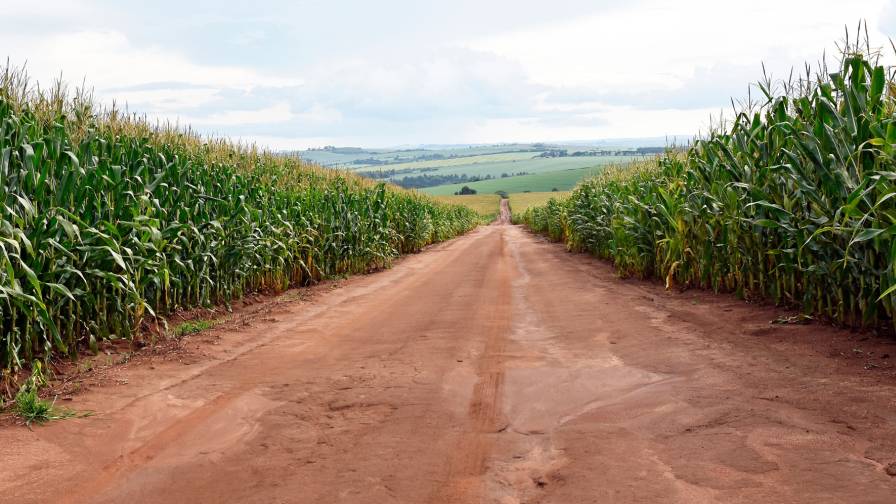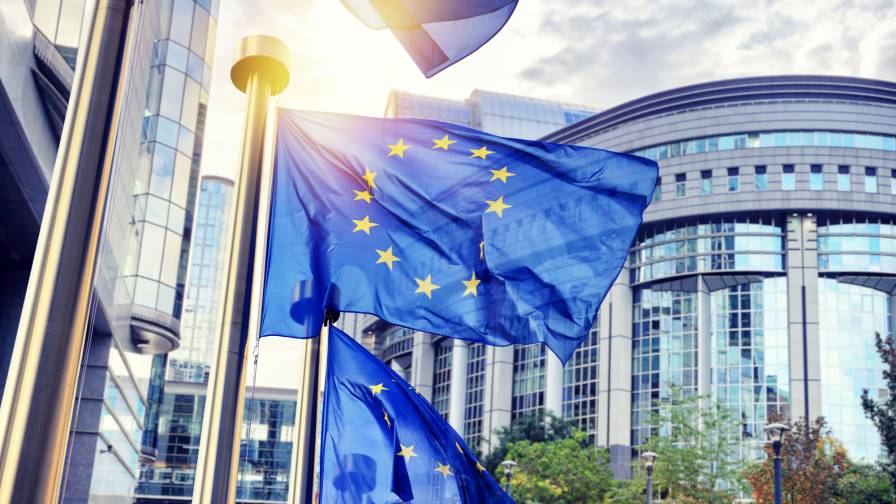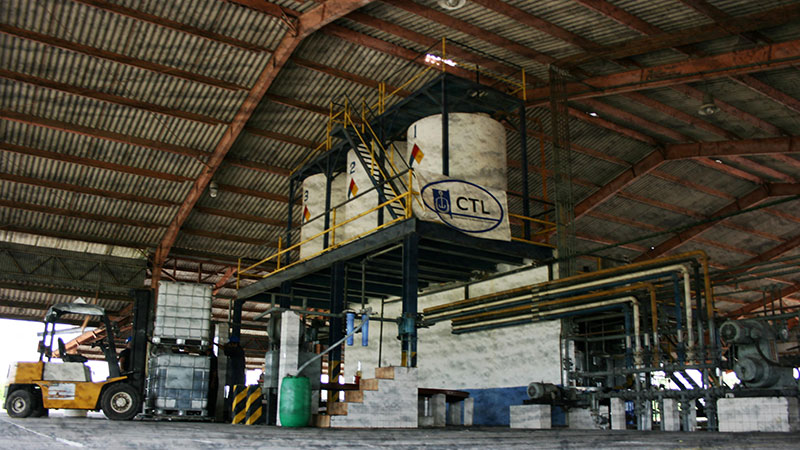Russian Agrochemicals Market Update: How Companies Are Responding to AI Shortage, Regulation Changes
The Russian agrochemicals’ sector is experiencing tough times, as Western sanctions, and the ever-growing isolation of Russia in the international arena continues to put serious pressure on the industry and the entire Russian agricultural sector.
Despite the fact that Russia’s leading agrochemicals’ majors and primarily such companies as Shelkovo-Agrokhim and Avgust in recent months have been able to significantly increase their output in a move to replace imports and supplies from Western majors, the current situation in the market remains complex. The ever-growing prices and the existing threat of monopolization of the sector by a few major players make further prospects of the market cloudy.
Climbing Prices
As of March 2024, prices for most of agrochemicals available in the Russian market have increased by 50% to 60%, and even higher, year-over-year basis, while the growth is ongoing.
One of the reasons of this is the current economic crisis in Russia and lack of competition, as many of global players have significantly reduced their presence in the local market.
In general, the Russian agrochemicals’ range has significantly declined after February 24, 2022, while many of important drugs simply disappeared from the market.
In the meantime, the ever-growing prices for agrochemicals has already resulted in serious financial problems and even bankruptcies of many of Russian farmers (and mostly those of small and medium size), which have been unable to cope with the rising production costs.
Shortage of AIs
Finally, another important issue for Russian agrochemicals’ sector these days is related with the shortage of active ingredients for the manufacture of its crop protection products.
Historically, most of the country’s needs in active ingredients were met by imports, however after February 24, 2022, the supplies of most of such products have been faced with serious problems even from so-called friendly countries. That even posed a threat of collapse of the entire agrochemicals’ sector of the country, although in recent months the situation has generally stabilized.
Recently, some leading Russian agrochemical enterprises have announced their plans to establish the production of active ingredients.
That has also been confirmed by a spokesman of Russia’s Minister of Industry and Trade Dmitry Manturov – a state official, which is responsible for the development of agrochemicals’ sector in the Russian government.
As he told in an interview, already now Russia is implementing a number of investment projects to production of active ingredients, which are in need for manufacture of some important agrochemicals, while some of these works are conducted in cooperation with foreign partners.
Chinese Manufacturers Assist
One of the most important of such projects is those implemented by Firm Avgust, Russia’s largest producer of agrochemicals, which currently produces such products in the Chinese August-Hubei plant in cooperation with Chinese partners.
In 2022, Avgust expanded the line of active ingredients for pesticides produced at the plant. In addition to propiconazole and tebuconazole, which are intended for products to combat plant diseases, three more active ingredients have been launched into production: metamitron, imazamox, and bentazone.
These are the active ingredients for weed control products. The company’s products are supplied not only to the production sites of the Avgust company in Russia and the Republic of Belarus, but also to foreign customers.
Still, despite the launch of such productions, their current output is insufficient to meet the existing Russian needs in agrochemicals as well as active ingredients.
Regulation Changes
There are also serious threats of the complete suspension of Russian operations of those global majors, which still continue their work in the local market (and primarily German BASF and Bayer AG as well as Syngenta). Earlier their representatives said that a further development of their Russian business will depend on the development of the ongoing military conflict between Russia and Ukraine.
In this regard, the government is considering implementing additional measures of support of domestic agrochemicals’ manufacturers and farmers. As part of these plans, the Ministry of Agriculture will simplify the registration procedure for plant protection products.
If at present only certain brands of pesticides and chemicals for treatment of specific crops are allowed, in accordance with planned amendments, the government will allow the registration of the active ingredient itself to allow companies to produce plant protection products for any crop.
Crop Protection Consumption
According to Vladimir Alginin, Head of the Russian Union of Agrichemicals’ Producers, at present the total consumption of plant protection products in Russia is estimated at 230,000 tons. Of these, 160,000 tons are produced within the country, including 40,000 tons by international companies, with another 70,000 tons being imported from abroad mainly from China.
According to the Russian analyst agency BusinesStat, in terms of market structure, about 63%-65% of products account for herbicides, the rest are insecticides and fungicides.
According to estimates of another Russian research firm Fertilizer Daily Agency, in 2022 the total market turnover reached 70 billion rubles (US$800 million). About 75% of the market accounted for two leading local players JSC Firma Avgust and JSC Shchelkovo Agrokhim, while the remaining for global majors, which still continue their operations in the Russian market.
In general, the share of imports is still high, being estimated at 25%-30%. According to data of the Russian Ministry of Agriculture, the overall treatment area with agrochemicals in Russia is estimated at approximately 100 million ha.






